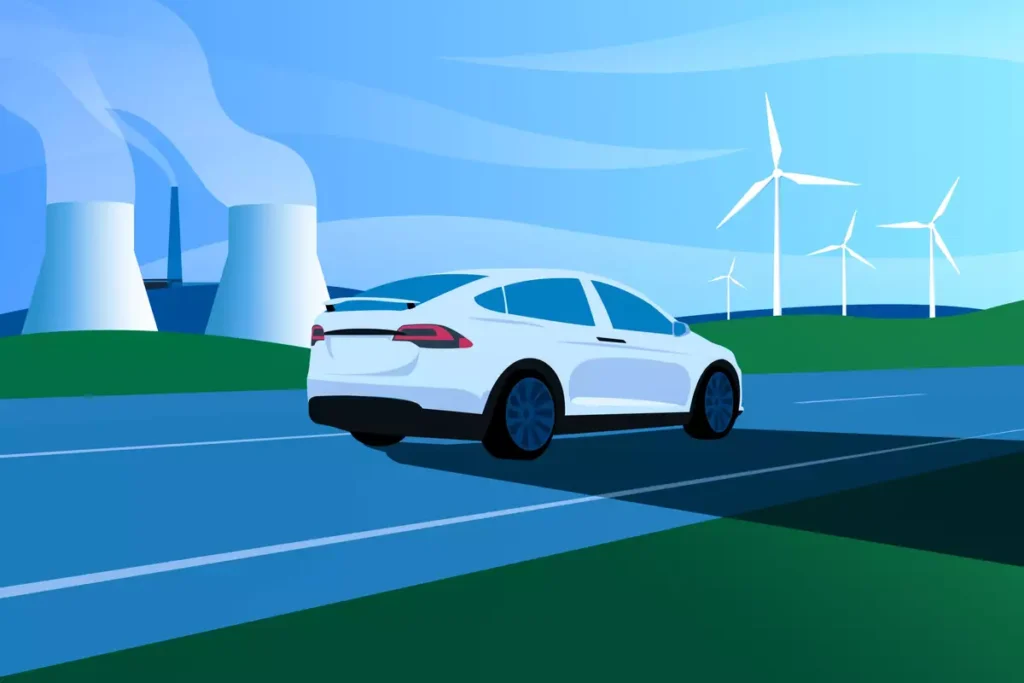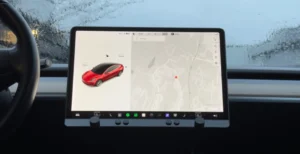
Electric cars have been hailed as a promising solution to reduce emissions, combat climate change, and reduce our dependence on fossil fuels. However, as with any major technological shift, there are complexities and nuances that often get overshadowed by the gleaming promise of electric vehicles (EVs). In this blog, we’ll take a closer look at why electric cars might not be an unqualified boon for the economy, as commonly believed.
Job Loss in the Automotive Industry
The transition to electric vehicles inevitably leads to job displacement in the traditional automotive sector. As the demand for internal combustion engine (ICE) vehicles decreases, many auto workers may find themselves without jobs. Auto manufacturing has been a key industry in many countries, providing livelihoods for countless individuals. A sudden shift to electric vehicles can result in job losses, and governments must address this issue through retraining and job creation in the renewable energy and EV sectors.
Impact on Gas Tax Revenue
A significant portion of government revenue is derived from gasoline taxes. These taxes fund infrastructure projects like road maintenance and construction. As electric cars become more prevalent, gasoline consumption decreases, and this reduction in tax revenue could lead to a shortfall in infrastructure funding. Governments will need to find alternative funding sources or implement new taxation schemes to make up for this loss, which could potentially affect the economy.
Disruption in the Oil Industry
The shift to electric vehicles also has repercussions for the oil industry. Reduced demand for gasoline can lead to the closure of oil refineries and job losses in this sector. While it might be seen as a positive outcome from an environmental perspective, the economic impact can be detrimental in regions heavily reliant on the oil industry, causing economic disruption and regional disparities.
Increased Strain on the Power Grid
The widespread adoption of electric vehicles will place additional demands on the power grid. To accommodate this increased electricity consumption, substantial investments in grid infrastructure will be necessary. These costs, while necessary, can put a burden on the economy, particularly in regions with outdated or insufficient infrastructure.
Limited Recycling Infrastructure
EV batteries have a limited lifespan, and recycling their components can be a complex and costly process. The development of efficient recycling infrastructure is essential to mitigate environmental impact and to handle the growing number of EV batteries. However, these recycling facilities require significant investment, which can strain local economies if not adequately planned for.
Higher Upfront Costs
Electric vehicles tend to be more expensive upfront than their traditional counterparts. While this cost difference is gradually decreasing, it can discourage potential buyers, especially those with lower income. As a result, a shift towards EVs might initially exclude a significant portion of the population from the benefits of cleaner transportation.
Conclusion
Electric cars undoubtedly offer numerous environmental benefits, but it’s essential to consider the potential negative economic consequences of this transition. To fully reap the benefits of electric vehicles while minimizing economic disruptions, governments, industries, and society as a whole need to work collaboratively to address these challenges.
By implementing effective job transition programs, creating new revenue sources, and investing in infrastructure, we can make the shift to electric vehicles a more balanced and equitable one for the economy. The road to a sustainable future lies not only in technology but also in how we navigate the economic transitions that accompany it.
REFERENCE: Wikipedia
RELATED POSTS
XPENG Motors Wins Top Tech Award at Auto Awards 2023 in Denmark!
Introduction In a nod to its groundbreaking strides in automotive...
Read MoreCan I Reset My Tesla Screen While Driving
Can I Reset My Tesla Screen While Driving ...
Read MoreTesla Supercharger In Yosemite
Electric vehicles (EVs) skillfully embrace the shift in environmental consciousness...
Read More














Leave a Reply